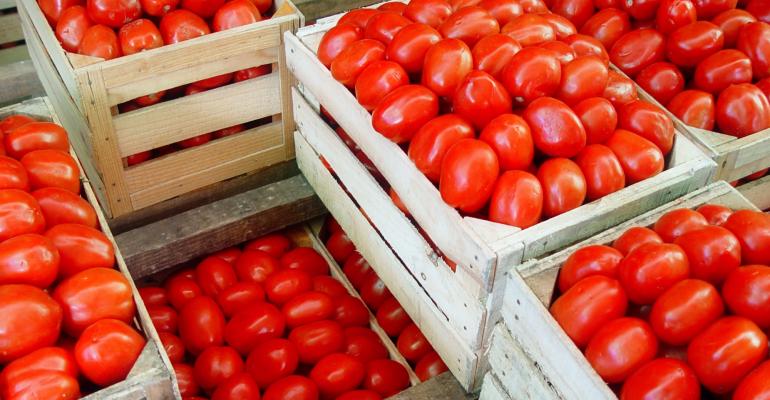(Bloomberg)—Cerberus Capital Management is entering a joint venture to build a multibillion-dollar portfolio of cold-storage facilities, seeking to capitalize on rising demand for warehouses to accommodate the food supply chain.
The alternative-asset manager is partnering with Provender Partners, a Newport Beach, California-based investor in refrigeration real estate, the companies said in a statement Tuesday. They aim to acquire properties across the U.S. for food-related tenants.
Industrial warehouses, including cold storage facilities, are among the best-performing categories of commercial real estate as hotels, malls and offices face uncertain futures in the wake of the coronavirus pandemic. Demand for new industrial space is expected to exceed 1 billion square feet (93 million square meters) worth $900 billion by 2025, according to a July report by Jones Lang LaSalle Inc.
“The cold-storage industrial segment plays an integral role in the U.S. food supply chain and we see strong opportunities to build on the market dynamics,” Tom Wagner, Cerberus’s head of North American real estate, said in the statement.
Cold-storage facilities, data centers and distribution centers will continue to outperform in the warehouse sector next year, Amanda Ortiz, an analyst with Colliers International, wrote in a note Tuesday on the outlook for industrial real estate.
Cerberus is committed to investing for at least five years, Provender Chief Executive Officer Neil Johnson said in an interview. His company has acquired 5 million square feet of refrigerated real estate since its founding in 2014, and counts Apollo Global Management Inc. among its investors.
Unlike big-box industrial real estate, cold storage is highly regulated because of food-safety needs, Johnson said. Complex refrigeration systems and the impact of low temperatures on materials like concrete raise the cost of construction and add barriers to entry. That makes it challenging for entrants to the industry, he said.
“Some of these guys are going to get cleared out once issues arise associated with owning and operating in the space,” Johnson said.
The food logistics industry has grown increasingly fragmented as artisanal producers grab market share from giants like Kraft Heinz Co., Johnson said. The pandemic also has disrupted supply chains as demand for restaurant dining dropped while supermarket shopping increased, he said.
© 2020 Bloomberg L.P.

